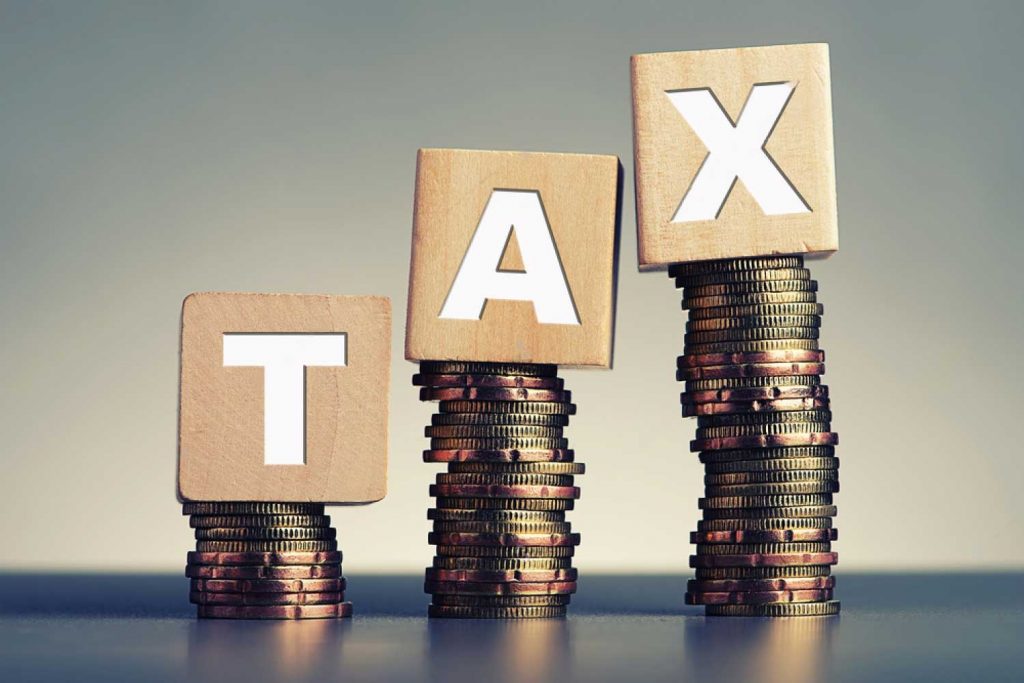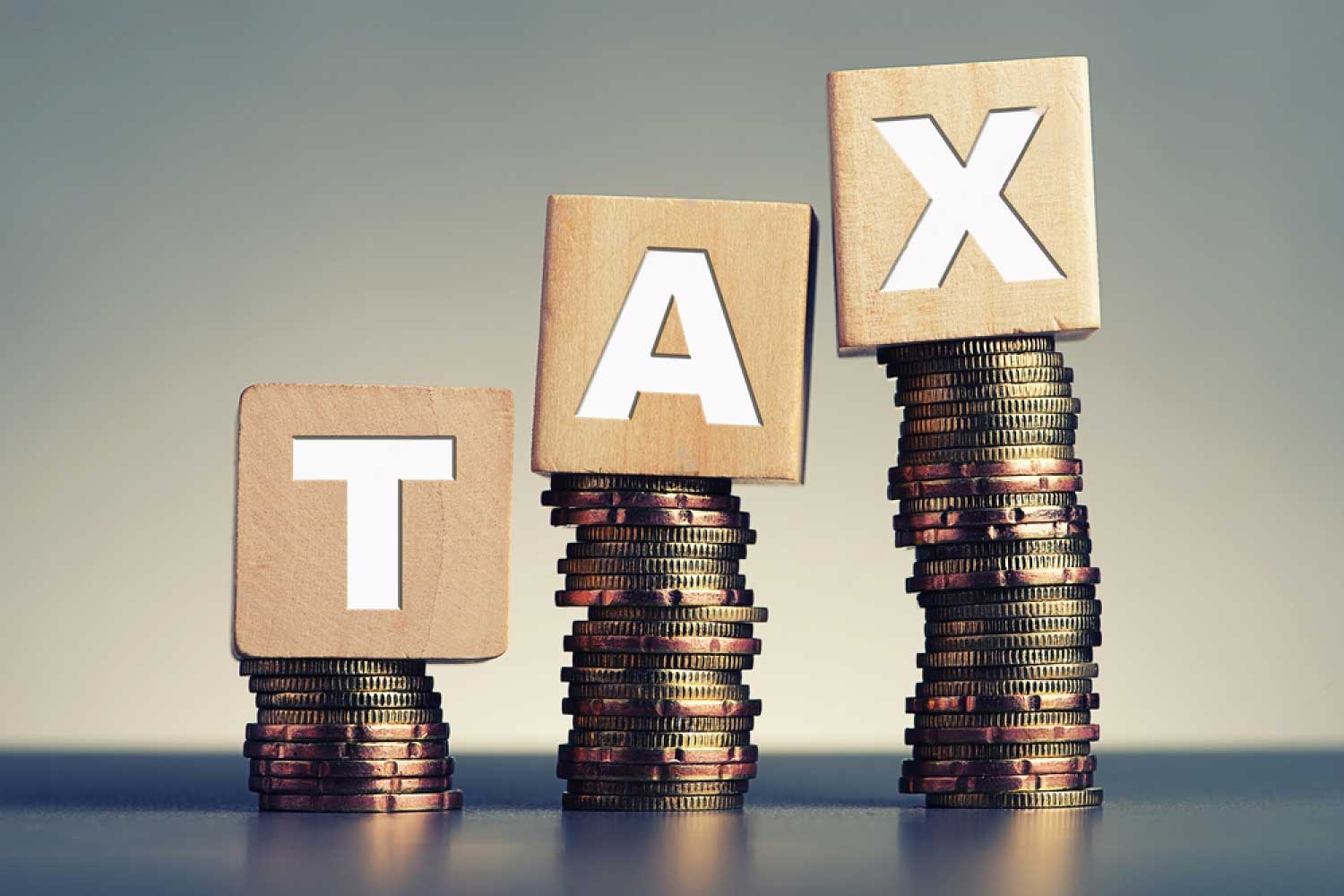A guide to understanding tax compliance for individuals and businesses
Taxation forms the backbone of Nigeria’s economy, providing over 70% of total government revenue. Nigeria operates a complex multifaceted tax system comprised of various direct and indirect taxes imposed at both the federal and state levels. It is essential for all taxpayers in Nigeria, whether individuals or businesses, to fully understand the tax eligibility criteria and compliance requirements to avoid penalties.
Overview of Nigeria’s tax system

Taxation has its origins in pre-colonial Nigeria, where communal levies were paid to chieftains and kings. Major reforms to Nigeria’s tax system came with the establishment of the Federal Inland Revenue Service (FIRS) in 1958 and legislation like the Companies Income Tax Act of 1961. Today, the administration of taxes is overseen by the FIRS, State Internal Revenue Services and the Joint Tax Board.
Understanding the key taxes and eligibility criteria is crucial for individuals and businesses to properly comply with tax laws and avoid penalties.
Personal income tax in Nigeria
Personal income tax is imposed based on an individual’s residency status and source of income:
- Resident individuals – Nigerian residents who spend 183 days or more in Nigeria within a 12 month period must pay tax on their worldwide income. Anyone who resides in Nigeria for a continuous period of three years is also considered a resident for tax purposes. Personal income tax rates range from 7% to 24%.
- Non-resident individuals – Foreign nationals who do not meet the residency criteria are only required to pay tax on income earned from Nigerian sources.
- Employment income – Income earned from employment in Nigeria is taxed under the Pay-As-You-Earn (PAYE) scheme. Employees must provide their Tax Identification Number (TIN) to employers for accurate tax deductions.
- Business/self-employment income – Income earned from business, professional services, commissions or other self-employment activities in Nigeria is taxed under the direct assessment scheme. Individuals carrying on such activities must register for tax and file annual returns.
- Investment income – Interest, rents, royalties, dividends and other investment income earned in Nigeria is subject to 10% withholding tax rates, with few exceptions.
- Capital gains – Capital gains tax at 10% applies on profits from the sale of chargeable assets like landed property, buildings, machinery, shares, stocks etc.
Company income tax in Nigeria
Locally registered companies and foreign companies carrying on trade or business in Nigeria are obliged to pay corporate income tax at 30% on profits attributable to their Nigerian operations:
- Locally registered companies – Nigerian companies registered with the Corporate Affairs Commission pay company income tax at 30%, although lower rates of 20% apply for small and medium enterprises.
- Foreign companies – Foreign companies engaged in trade or business in Nigeria are liable for tax at 30% on income and profits derived from Nigeria. Meeting all tax compliance requirements is essential.
- Tertiary education tax – Locally registered companies must also pay tertiary education tax at 2% of assessable profit to support higher education in Nigeria.
- Police Trust Fund levy – Companies operating in Nigeria are required to pay a levy of 0.005% of net profit to the newly established Nigeria Police Trust Fund.
Value Added Tax (VAT) Registration
The Value Added Tax (VAT) Act requires all businesses with an annual turnover greater than ₦25 million to register for VAT. VAT is charged at 7.5% on the supply of most goods and services in Nigeria. Key services exempted include medical services, pharmaceuticals, basic food items and education.
Excise duties
Certain locally manufactured goods in Nigeria and imported products are subject to excise duties under the Excise Tariff Act ranging from 5% to 20%. Applicable goods include alcohol, tobacco, cars, wines, spirits etc.
Stamp duties
Various documents and transactions executed in Nigeria are liable for stamp duties charged at rates from 0.75% to 4% under the Stamp Duties Act. Rental agreements, contract documents, securities, asset transfers, loans etc. must be duly stamped.
Withholding tax obligations
Withholding tax (WHT) ranging from 5% to 10% must be deducted at source from specified payments including investment income, royalties, professional fees and contractor payments.
Information technology tax
Some states impose tax at 5% on use of IT and telecom services. Hotels, restaurants, event centres collecting this tax must duly remit.
Consumption tax
Certain states apply 5% consumption tax on purchases of goods and services within their territory. Applicable businesses must collect and remit accordingly.
Penalties for non-compliance
Proper tax compliance and payment is crucial to avoid prosecution and penalties up to ₦50,000 or closure of business. Tax experts can provide guidance on meeting all tax obligations.





